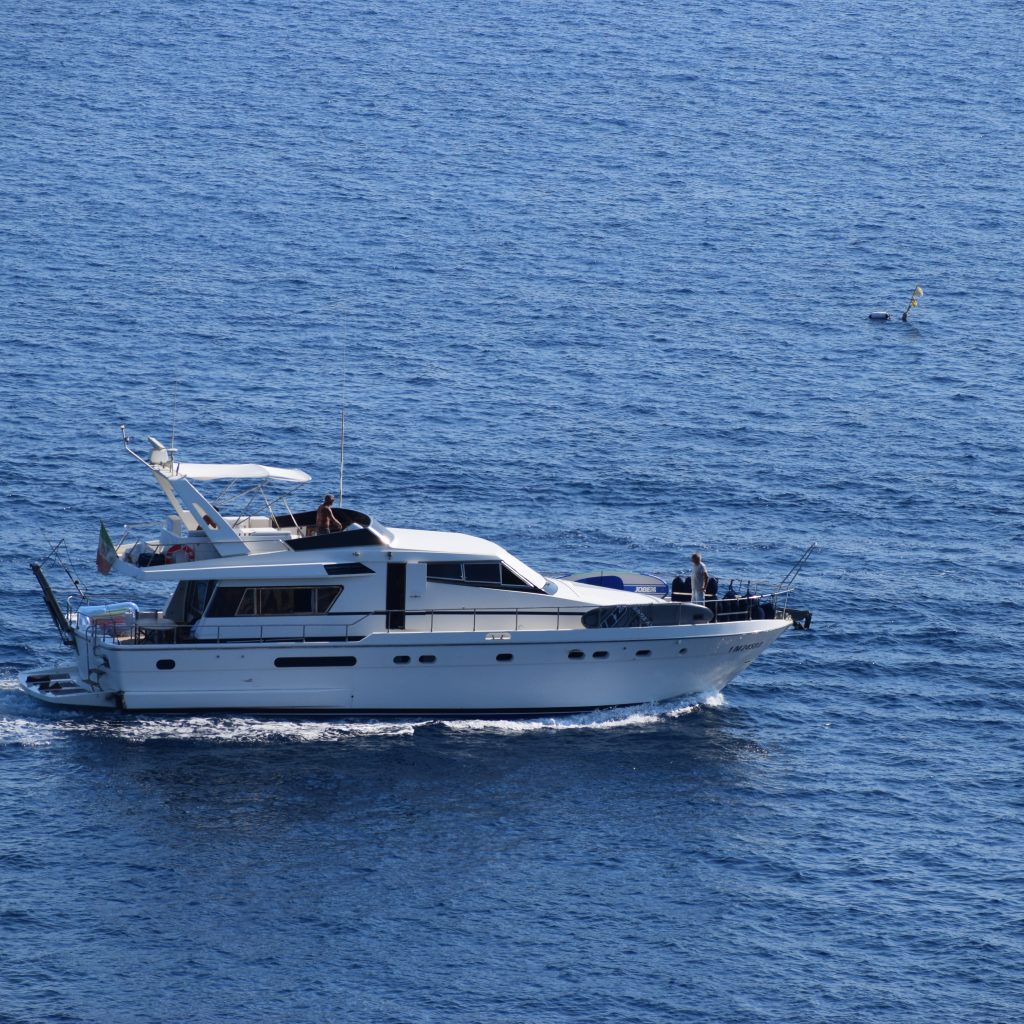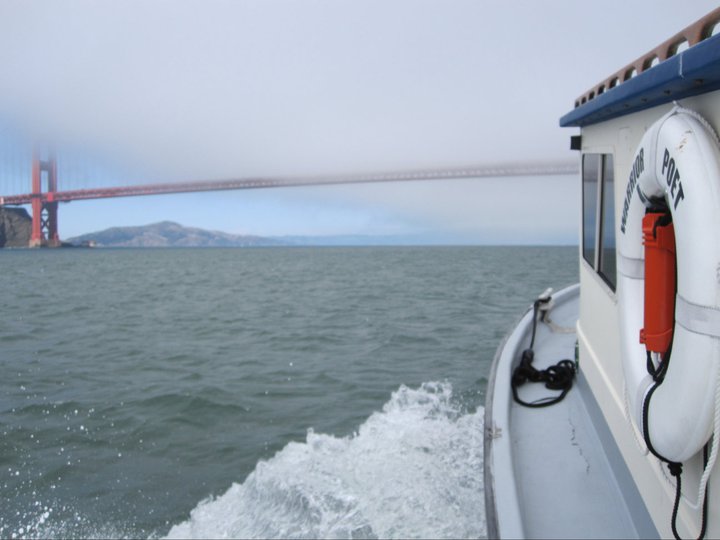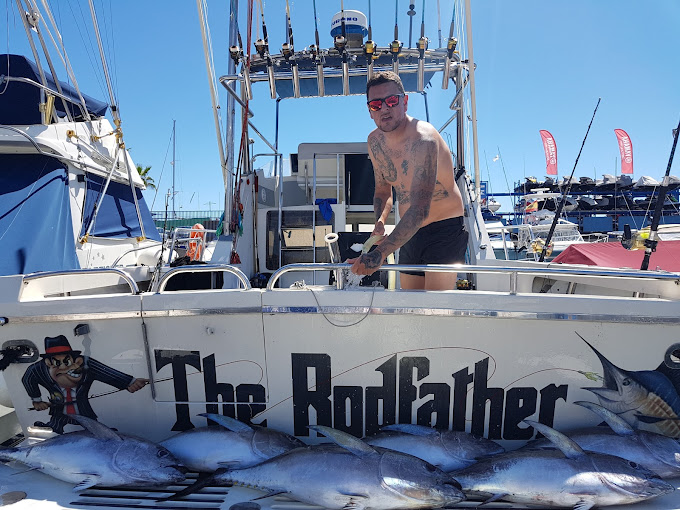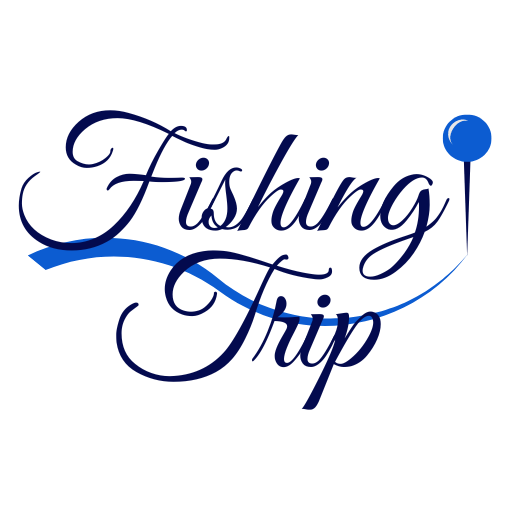
For every fishing enthusiast, Spain offers a diverse and exciting range of fishing experiences. Whether you’re drawn to its sun-drenched Mediterranean coastline, the rugged beauty of the Atlantic, or the tranquil freshwater lakes and rivers, Spain’s rich waters promise unforgettable moments. Having explored several of these prime fishing spots, I can say that Spain is a dream destination for anglers of all levels.
On my recent fishing adventures across Spain, I discovered a country full of incredible fishing opportunities, with every region offering its own unique charm. Spain’s extensive coastline, combined with its diverse inland waters, creates the perfect setting for anglers to chase after both saltwater and freshwater species. The warm Mediterranean waters, the cool Atlantic breeze, and the peaceful rivers and lakes make this country a true fishing paradise.
Spain’s Mediterranean coast is a prime destination for sea fishing, and my experience along the Costa Brava and Costa del Sol did not disappoint. One early morning off the coast of Barcelona, I was lucky enough to hook a powerful bluefin tuna. The thrill of the chase, the fight, and finally landing such a prized fish was an experience I’ll never forget.
In addition to tuna, the Mediterranean is home to species such as sea bass, amberjack, and dorado. Whether you’re fishing from the shore or on a boat, there’s always the chance of a big catch. For beginners, the shallower coastal waters are perfect for casting lines for mackerel or red mullet, while more experienced anglers can venture deeper for larger game fish.
On Spain’s northern Atlantic coast, the fishing scene changes dramatically. The powerful currents and cooler waters of the Bay of Biscay make for challenging but rewarding fishing. During a trip to the Basque Country, I experienced the excitement of catching European seabass (locally known as “lubina”), a favorite target for anglers in the region. The wild, rocky coastline adds to the adventure, offering some of the best shore and boat fishing in Spain.
Species like hake, monkfish, and cod are also plentiful in these waters, making the Atlantic coast a must-visit for those looking to target larger, colder-water species. The local fishing culture is deeply rooted here, and joining a charter or going out with local fishermen can provide insider knowledge of the best spots and techniques.
No fishing trip in Spain would be complete without mentioning the Canary Islands. Situated off the northwest coast of Africa, these volcanic islands offer some of the best deep-sea fishing in the world. The rich waters surrounding the Canary Islands are home to impressive species such as marlin, wahoo, and dorado. I spent several days fishing off the coast of Tenerife and Gran Canaria, where I had the incredible opportunity to hook a massive blue marlin—a true bucket-list moment for any angler.
The warm Atlantic currents around the Canaries create a unique ecosystem that supports an abundance of fish, making it an ideal location for deep-sea fishing. Whether you’re casting from the rocky shorelines or heading out on a charter, you’ll find the excitement of the big game just a short distance from the coast.
If you’re more inclined towards freshwater fishing, Spain’s rivers and lakes won’t disappoint. During a trip to the Ebro River, one of Spain’s most renowned fishing locations, I had the chance to battle catfish that can weigh over 100kg—an angler’s ultimate challenge. The river is also home to carp, zander, and perch, offering a variety of targets for any freshwater fisherman.
The picturesque mountain lakes in regions like Asturias and Catalonia are perfect for trout fishing, with stunning backdrops of lush greenery and towering peaks. These serene settings are a stark contrast to the bustling coastal scenes, providing a peaceful escape where you can enjoy the quiet beauty of nature.
From my experiences, I can say that timing and bait are key to success in Spain. For example, early morning and late evening are the best times for sea bass along the Atlantic coast, while squid and sardine bait tend to attract bigger catches in the Mediterranean. Additionally, if you’re going after catfish in the Ebro, make sure you’re prepared for a long battle—these fish are known for their strength and endurance.
For a more immersive experience, consider joining local fishing charters or hiring guides, as they know the best locations and can offer tips specific to the region. This not only increases your chances of success but also adds to the overall experience of fishing in a new country.
When preparing to fish in Spain, it’s essential to secure the proper licenses, which vary depending on whether you are fishing in freshwater or saltwater areas.
For saltwater fishing, both residents and tourists are required to obtain a license. This permit allows you to fish in the coastal waters of Spain, including the Mediterranean Sea, the Atlantic Ocean, and other regions. Each autonomous community (like Catalonia, Andalusia, or the Canary Islands) has its own specific regulations, so the fees and application processes might vary.
For freshwater fishing, you also need a license, which applies to rivers, lakes, and reservoirs. Similar to saltwater licenses, the cost and rules differ depending on the region. Freshwater licenses are typically issued by local authorities, and some regions may require additional permits if you plan to fish in protected areas or target specific species.
Licencia de pesca marítima de recreo desde tierra
(Recreational sea fishing license from shore)
This license allows recreational fishing from the shore in Spain’s maritime waters. It is required if you plan to fish from beaches, piers, or coastal areas.
Licencia de pesca marítima de recreo desde embarcación
(Recreational sea fishing license from a boat)
For those who intend to fish from a boat in the sea, this license is necessary. It covers fishing in coastal and deeper waters from a registered vessel.
Licencia de pesca submarina
(Spearfishing license)
This permit is specifically for underwater fishing or spearfishing. It’s essential for divers who hunt fish while freediving or scuba diving.
Licencia de pesca en aguas continentales
(Freshwater fishing license)
This is the general license for fishing in inland waters such as rivers, lakes, and reservoirs. It’s required for all forms of freshwater fishing, including in regions like Catalonia and the Basque Country.
Licencia interautonómica de pesca
(Inter-regional fishing license)
This license allows you to fish in multiple autonomous communities in Spain, covering both freshwater and some saltwater fishing. It’s convenient if you plan to fish in different regions.
Licencia de pesca de competición
(Competition fishing license)
If you’re participating in fishing competitions, this special license is required. It ensures compliance with the rules of sports fishing events.
The licenses can usually be obtained online, through local fishing shops, or at government offices in Spain. It’s important to note that, in some regions, these licenses are mandatory even for catch-and-release fishing.
Be sure to check the local regulations in the area where you plan to fish, as fishing seasons, size limits, and the types of allowed gear can also vary across Spain.
For more detailed, up-to-date information, check official websites or specialized fishing apps

California, United States

Areja, Tenerife

Areja, Tenerife

Areja, Tenerife

